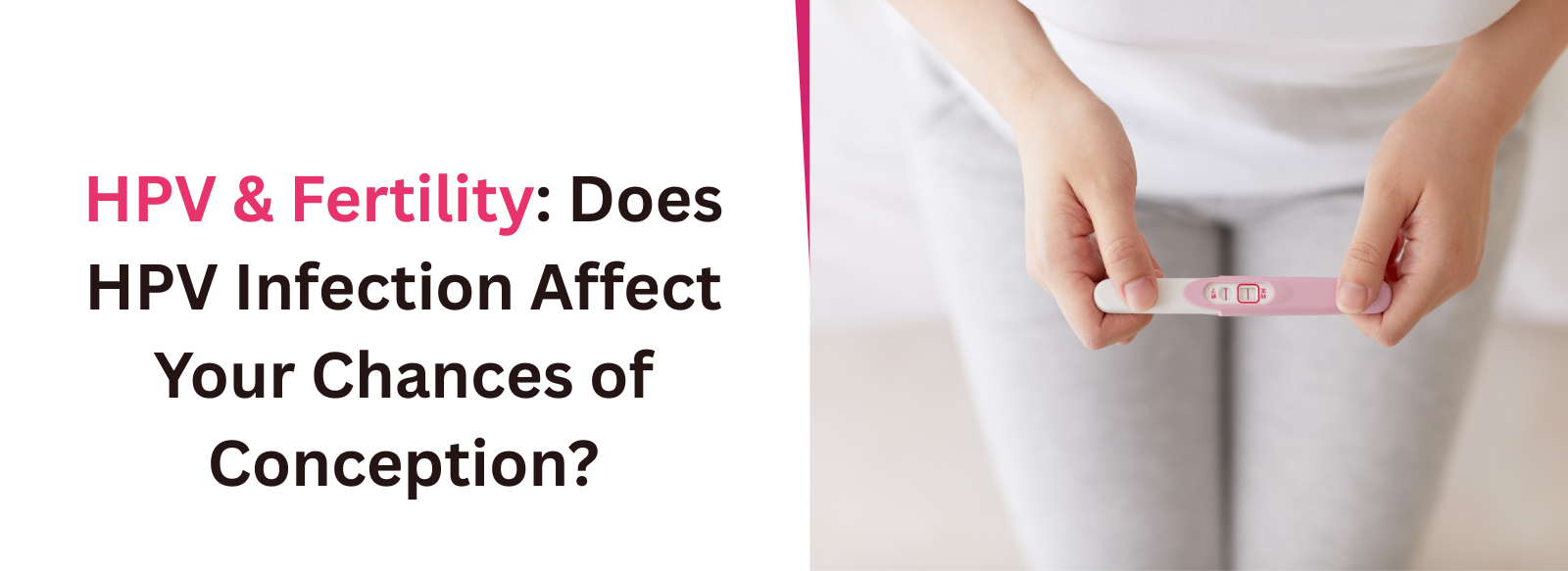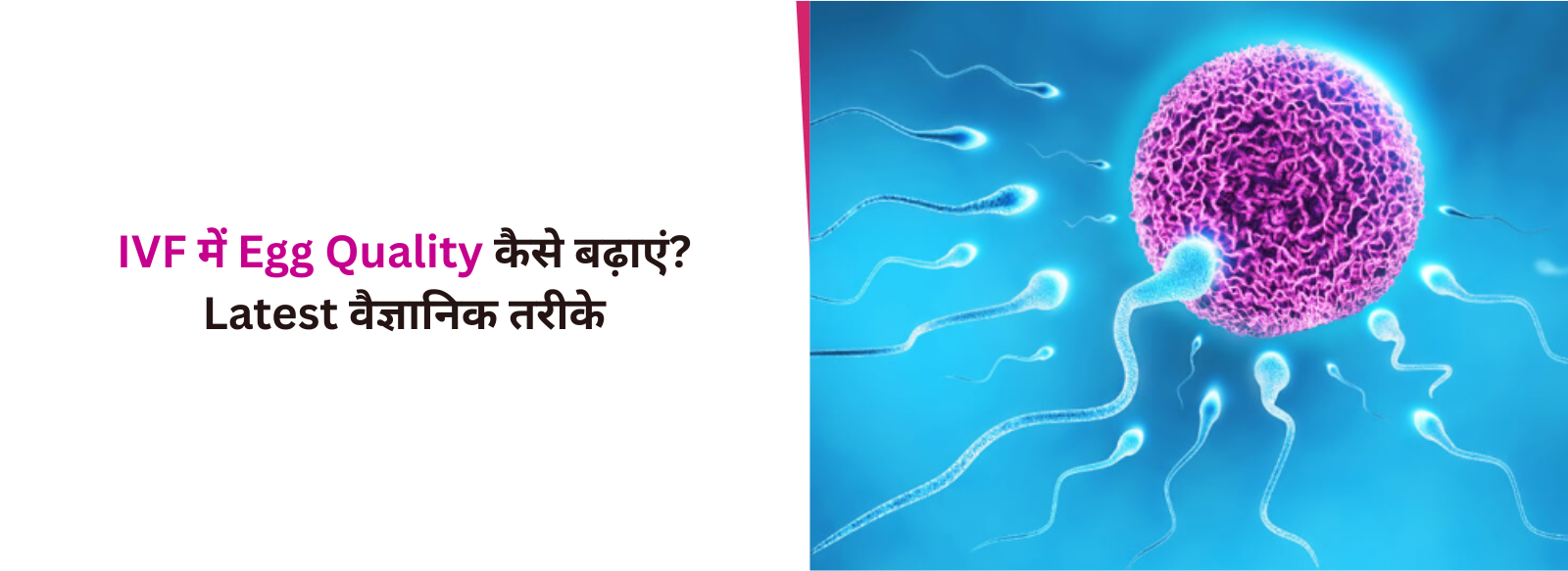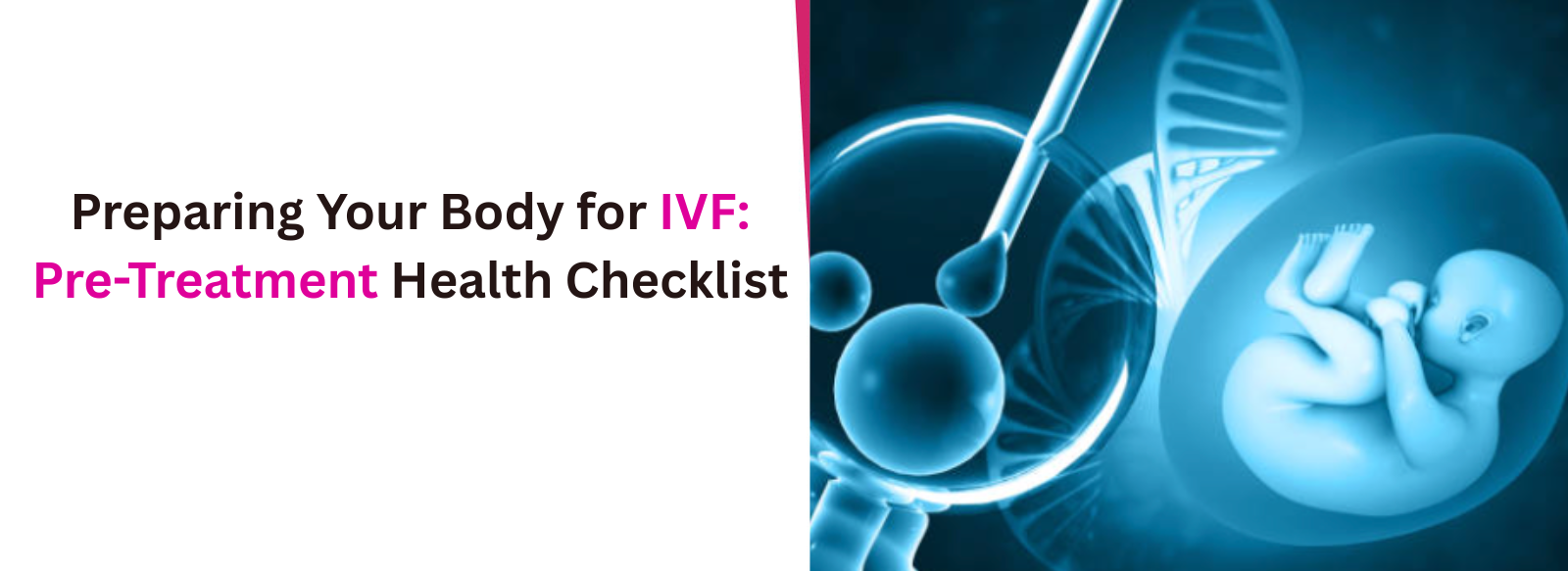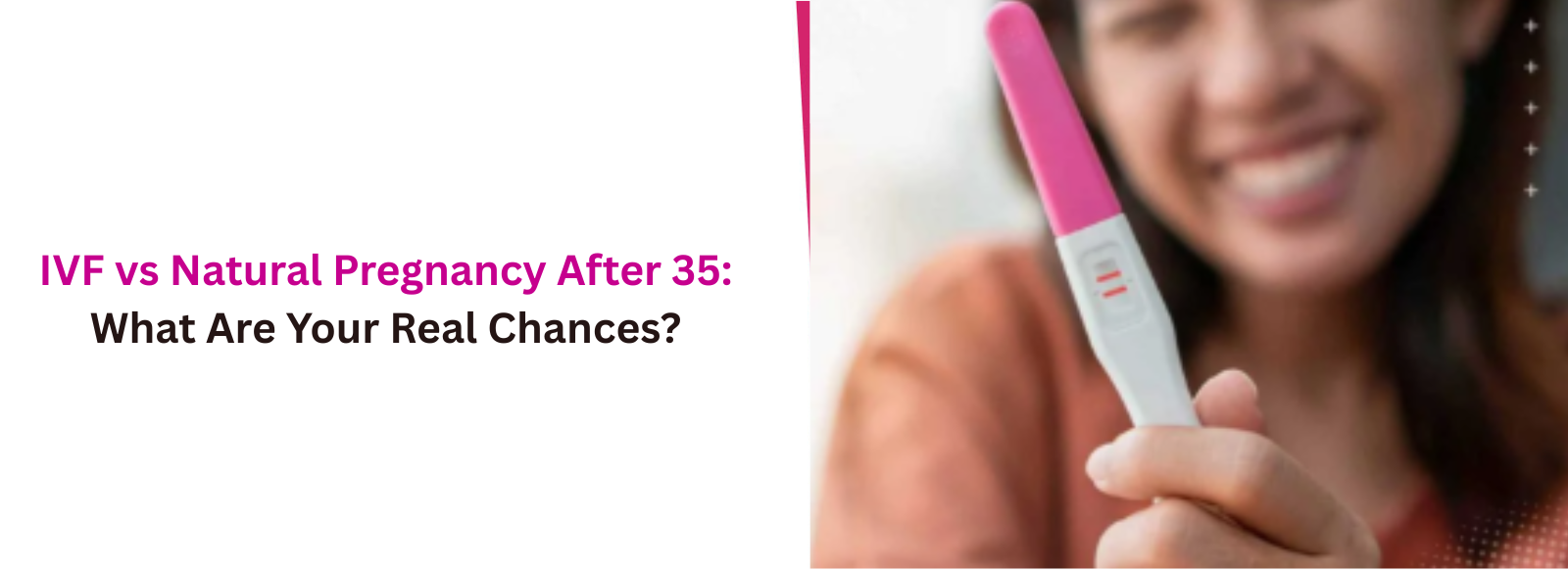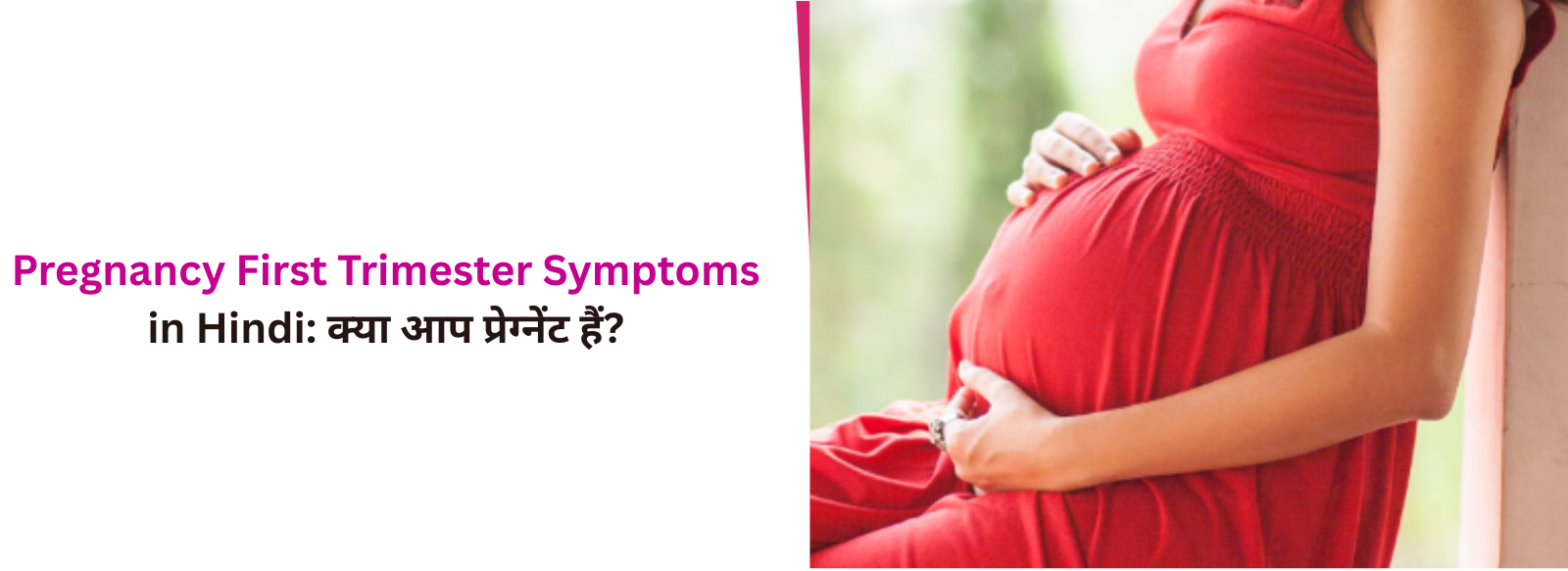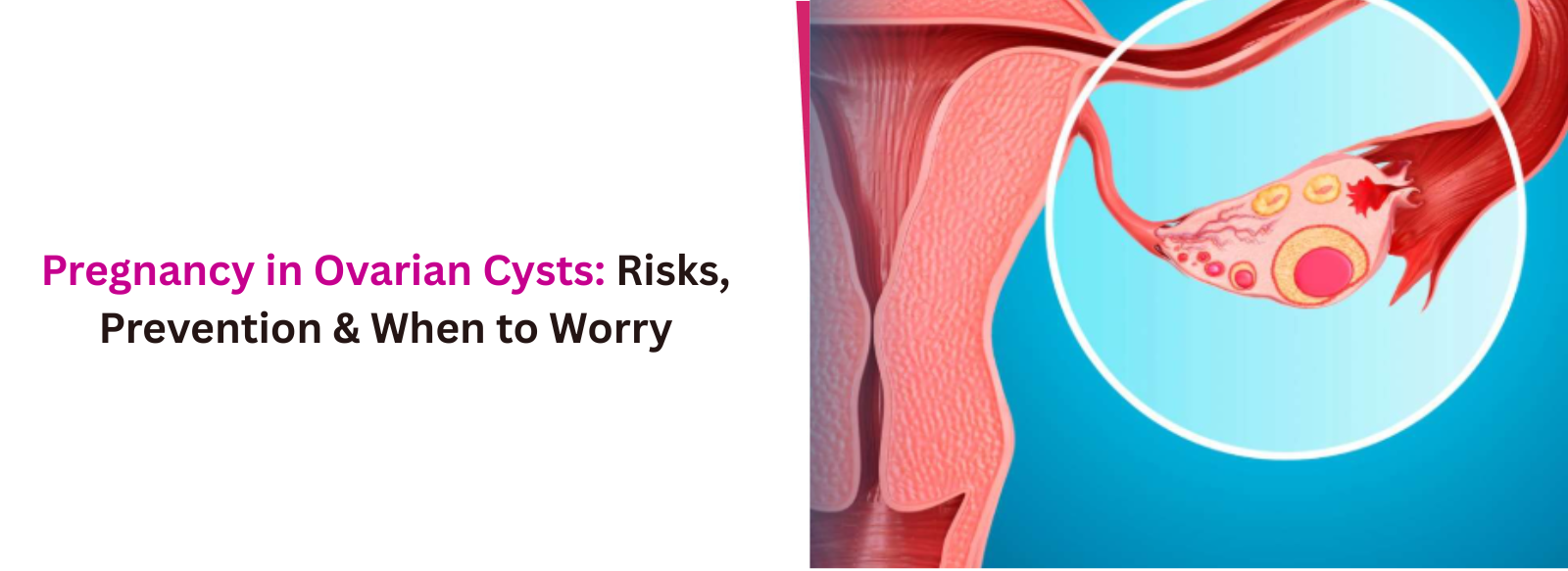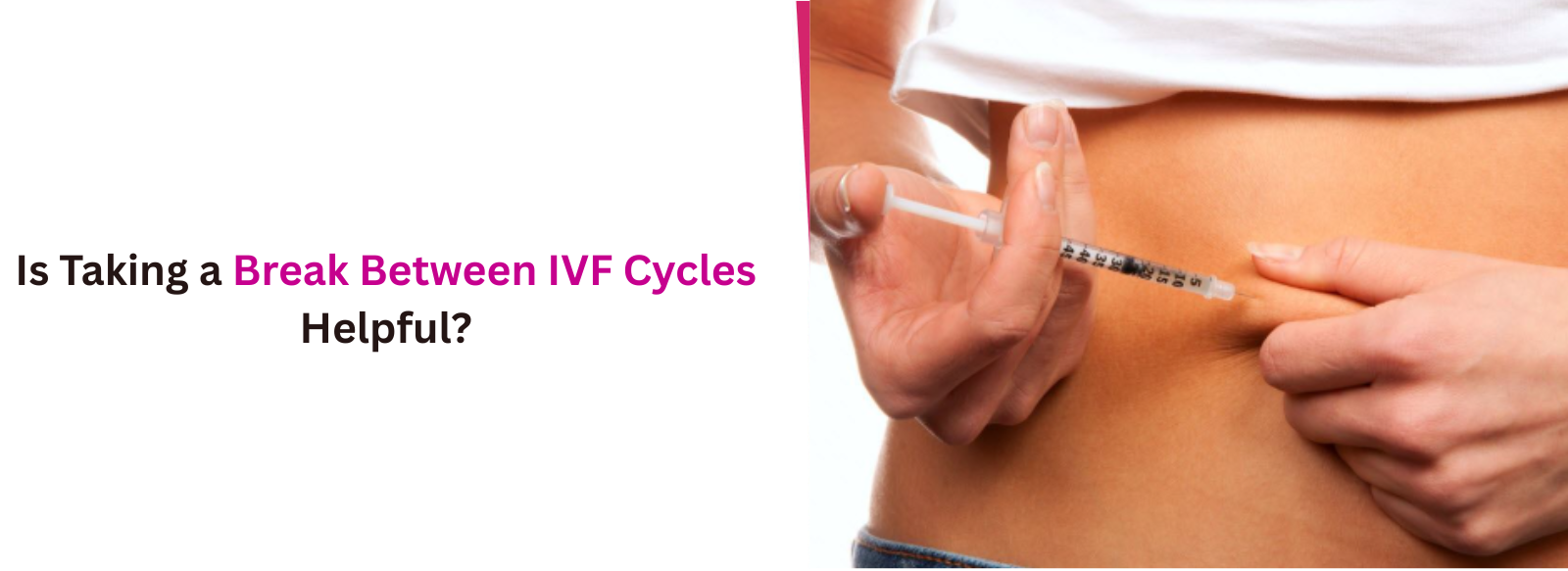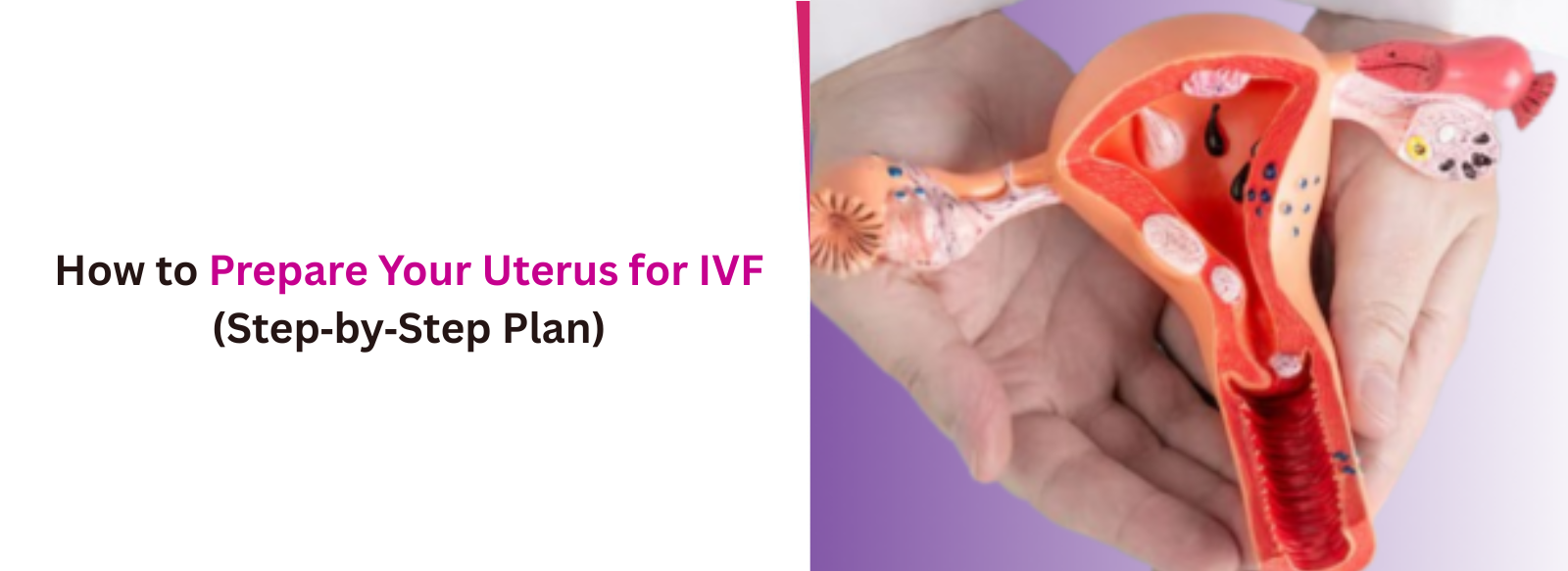Human Papillomavirus (HPV) is the most common sexually transmitted infection worldwide. More than 80% of sexually active men and women are estimated to contract HPV at some point in their lifetime (mostly at the age of 45). While many infections clear naturally without long-term effects, growing research suggests HPV may influence fertility and reproductive health.
For couples planning a pregnancy, the question often arises: Does HPV infection affect the chances of conception? The answer is complex. While HPV does not always prevent natural pregnancy, it can impact both male and female fertility through subtle biological mechanisms, treatment interventions, and risks during pregnancy. This article explores the evidence, clarifies myths, and explains how advanced fertility care like that available at Vardaan IVF Hospital can help.
How HPV Infects and Persists
HPV is spread primarily through skin-to-skin sexual contact. There are more than 200 HPV types, broadly classified into:
Low-risk strains (e.g., HPV 6, 11) – cause genital warts, rarely cancer.
High-risk strains (e.g., HPV 16, 18, 31, 45) – linked to cervical, anal, and oropharyngeal cancers.
Most HPV infections resolve within 1–2 years, but persistent high-risk infections can cause cervical lesions and cellular changes. These chronic infections are the ones that raise fertility concerns. It affects reproductive cells directly or indirectly through treatments.
HPV & Female Fertility
See how HPV & Female fertility are correlated —
Cervical Changes and Fertility
HPV primarily infects cervical epithelial cells. Persistent infection can cause precancerous lesions requiring treatment (like LEEP, cone biopsy, or cryotherapy). These procedures, while life-saving, may:
Weaken the cervix, raising the risk of cervical insufficiency or preterm birth.
Alter cervical mucus production, affecting sperm passage.
Causing scarring, reducing cervical elasticity.
Impact on Conception
Natural conception: Most women with HPV can still conceive naturally. However, persistent infections may contribute to subfertility through local inflammation or impaired sperm transport.
Assisted conception: Studies show HPV-positive women undergoing IVF may have slightly lower implantation and pregnancy rates compared to HPV-negative women.
Pregnancy risks: Some data suggests increased risks of miscarriage, premature rupture of membranes, or preterm birth in HPV-positive women, but findings remain inconsistent.
HPV & Male Fertility
While HPV is often viewed as a female health issue, men can also carry and transmit HPV. Research reveals:
HPV in semen: Viral DNA can attach to sperm heads and tail regions.
Sperm quality: HPV has been linked to reduced motility, abnormal morphology, lower concentration, and increased DNA fragmentation.
Transmission risk: Infected sperm may carry HPV into the oocyte during fertilization, potentially impairing embryo development.
Clinical studies show that couples where the male partner is HPV positive may face reduced IVF success and higher miscarriage rates compared to HPV-negative couples. Thus, male screening is equally important in fertility assessments.
Combined Effects on Couples & Assisted Reproduction
When one or both partners are HPV positive, reproductive outcomes can be affected.
Intrauterine insemination (IUI): Lower pregnancy success has been reported in HPV-positive cases.
In vitro fertilization (IVF): Some studies show reduced embryo quality, lower implantation rates, and higher miscarriage risks when HPV DNA is present in gametes.
Intracytoplasmic sperm injection (ICSI): Results are mixed; in some cases, sperm washing techniques may reduce viral load, potentially improving outcomes.
These findings highlight the importance of HPV testing in couples struggling with infertility, especially those considering ART.
Biological Mechanisms Behind HPV’s Impact
Research has identified several pathways by which HPV can interfere with fertility:
Immune response: HPV triggers chronic inflammation that can damage cervical and endometrial environments.
Oxidative stress: Excess reactive oxygen species harm sperm and egg quality.
Anti-sperm antibodies (ASAs): HPV binding to sperm may trigger immune reactions, reducing sperm motility and fertilization ability.
Ovarian reserve: Emerging evidence suggests HPV may indirectly affect ovarian function by altering granulosa cell activity, though more research is needed.
Treatment, Management & Prevention
For couples planning conception, proactive HPV management is key:
1. Monitoring & Counseling
Regular Pap smears and HPV DNA tests in women.
Semen analysis and HPV testing in men with unexplained infertility.
Couples counseling to discuss timelines and treatment choices.
2. Treatment of Lesions
Procedures like LEEP or conization should be carefully timed for women planning pregnancy.
Post-treatment fertility outcomes are generally favorable, but obstetric risks need monitoring.
3. HPV Vaccination
Safe for both men and women before sexual debut or early adulthood.
Protects against high-risk strains, lowering the risk of cervical disease and fertility-related complications.
Studies show vaccination does not harm fertility; in fact, it may improve outcomes by preventing HPV-related sperm or cervical damage.
4. Lifestyle & Sexual Practices
Condom use reduces but does not fully prevent HPV transmission.
Healthy lifestyle like balanced diet, no smoking, stress management, supports immune clearance of HPV.
What We Still Don’t Know
Despite advances, important gaps remain:
Long-term fertility outcomes of HPV-positive couples.
Genotype-specific effects (e.g., HPV 16 vs HPV 18).
Threshold viral loads at which fertility is significantly impacted.
Cultural and geographic variations, including data from South Asian populations.
Vardaan IVF Hospital for Healthy Conception
At Vardaan IVF Hospital, we understand the unique concerns of couples facing HPV infection while planning a family. Our multidisciplinary team combines advanced reproductive technologies with personalized care to optimize fertility outcomes.
Comprehensive Testing: HPV screening, semen analysis, ovarian reserve testing, and cervical evaluation.
Tailored ART Protocols: IVF/ICSI cycles designed with strategies like sperm washing, embryo selection, and immunological support for HPV-positive couples.
Expert Medical Guidance: Gynecologists and andrologists counsel on safe conception timelines, vaccination benefits, and management of cervical treatments.
Holistic Care: Emotional support, counseling, and wellness guidance for couples navigating both HPV and infertility stress.
For couples in punjab and beyond, Vardaan IVF Hospital provides reassurance that HPV need not stand in the way of parenthood. With the right expertise, technology, and care, healthy conception remains very much possible. Book your appointment in the best IVF centre in Jalandhar now!

